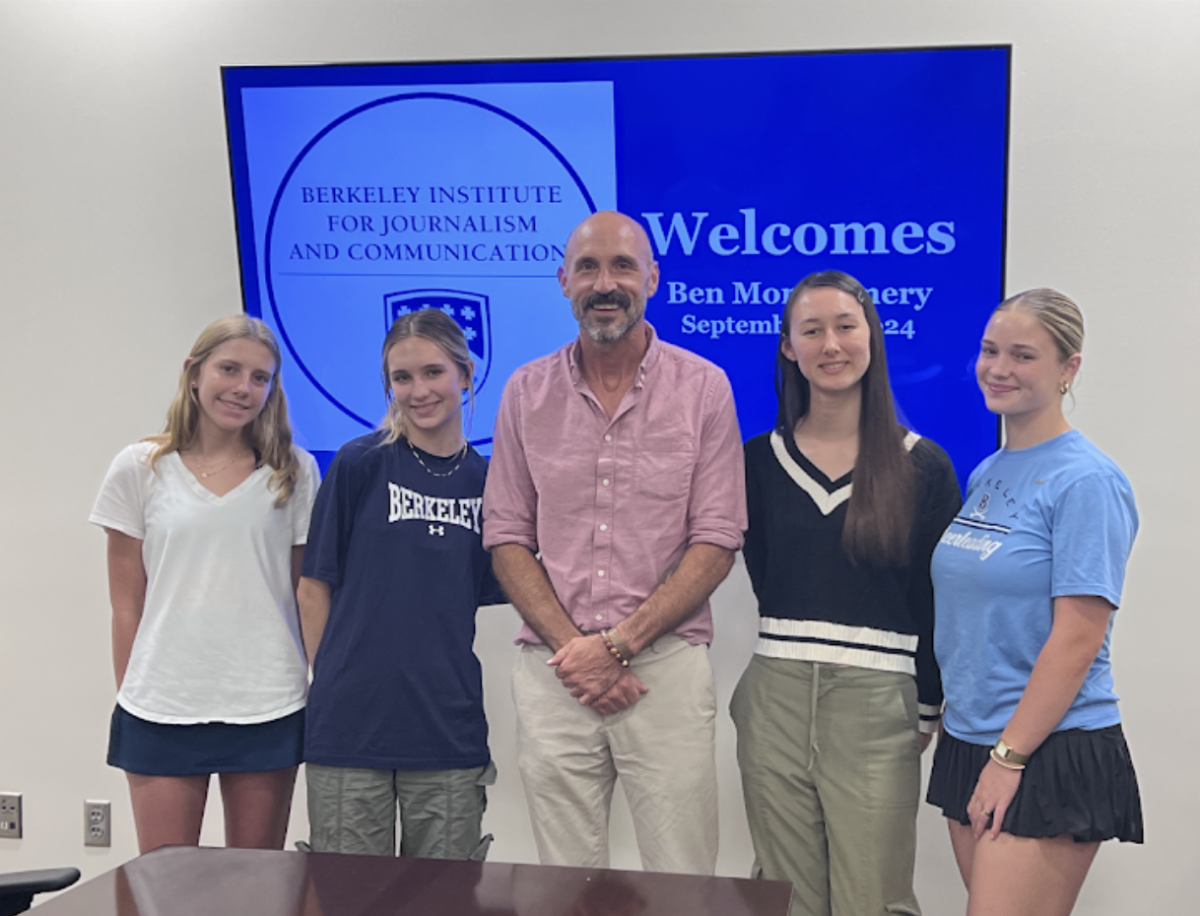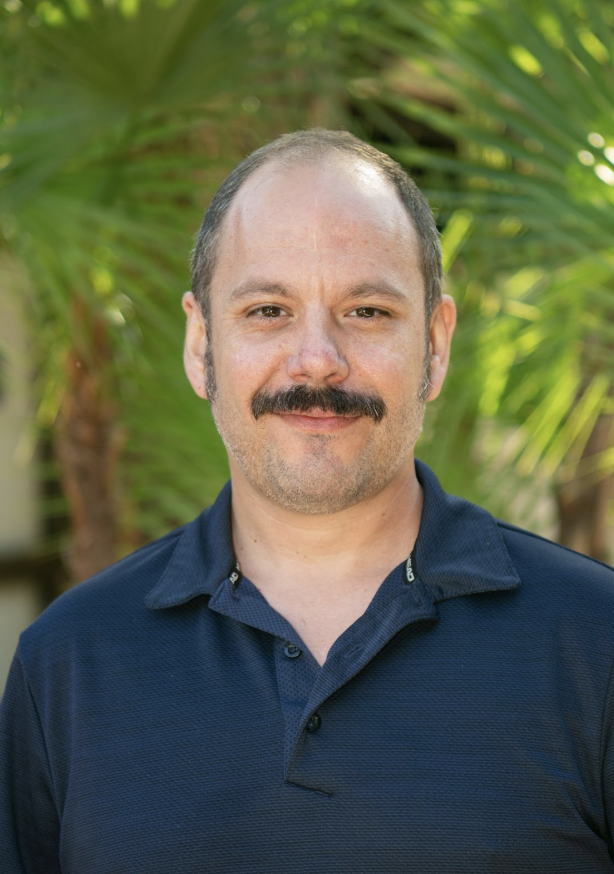Ben Montgomery is widely known as an inspirational writer who tells profound stories of perseverance around the world. However, what is not as commonly known, is his life as an aspiring farmer in Oklahoma – and the impact this part of his life had on his writing.
Montgomery never particularly wanted to be a writer, and describes writing as “something that only gets harder.” Montgomery is very strongly led by his emotions. Love led him to pursue a career in writing. After finally locking down his old middle school girlfriend late in high school, he was prepared to do anything to make it work. When she told him she wanted to marry a man who had a real job (which challenged his immediate pursuit of an agricultural degree at Arkansas Tech University which he would use to follow a lifestyle in farming), he found himself taking up writing courses – harnessing the tool of storytelling he had gained from his family. He had never directly connected with writing but had grown up with storytelling as a very important tradition, and from there had an understanding of what makes a story interesting.
When Montgomery came to speak at the Berkeley Institute for Journalism and Communications (BIJC,) he was very transparent about his distaste for writing itself. This distaste doesn’t come from a lack of appreciation for the art, rather from a result of the standards he holds himself to. Montgomery is very driven, emotional and has a strong sense of social justice.
When I asked him what makes a good story in his eyes, he said, “the ones that make me angry.” He elaborated, explaining that when he came across something in the world that truly made him angry, it filled his mind with questions. The writing process is his way of answering those questions and finding a sense of justice within what he finds wrong. These questions in particular are why writing drives him so crazy.
Because his stories hold such a significant place in his personal dogma, he drives himself in circles trying to write the story in a way that will display it best.
Montgomery’s career, almost nearly being driven entirely by emotions, whether that be love or anger, solidifies his position as a reliable servant of the truth. With “The Truth” tattooed on his inner arm, it is clear that he has truly taken up the responsibility of combating what he finds to be wrong in the world. The accomplishments that he holds most dear speak for themselves.
Montgomery claimed he enjoyed himself the most working at the St. Petersburg Times because they, “let me do whatever I wanted.” When given this freedom by managers who replied to every idea he pitched with “yeah, that’s awesome,” Montgomery embraced a path of compassion.
The example he shared next was accompanied with a beaming smile and a proud, puffed chest. He explained a project he began on an event at USF, called “The Heart Gallery,” that focused on foster and orphan children. In this event, professional photographers would take artistic portraits of the children and post them in malls in order to get people’s attention to adopt them. Montgomery’s role was securing a few interviews and writing a piece about the event.
When he got there, he quickly saw a different direction he had to take. Because he said “the media makes people forget how to talk and they forget reality,” he wanted to foster more organic responses. Montgomery spoke to one young girl as if he was a young child himself. He knew it was clearly uncomfortable to already be having pictures taken while surrounded by a media crew, and he didn’t want to foster routine responses that the environment of the media creates. He ended up writing a beautiful, short article that connected with the innocence of childhood, and in a simple way, told a story that connected to hundreds of families. “Alexis had been adopted by the next morning,” he said.
Montgomery was clearly proud that Alexis was adopted. While he had written the award-winning book, “Grandma Gatewood’s Walk,” and many other long pieces of writing that required travel and time, “Just Add a Family” was short and simple, in writing as well as the process, yet he referred to it as one of his greatest accomplishments, showing what he truly values in the art of journalism: Storytelling and the change it can make. While the pursuit of writing wasn’t organically his own, it originated from a place of love, and harnesses that love into writing.







